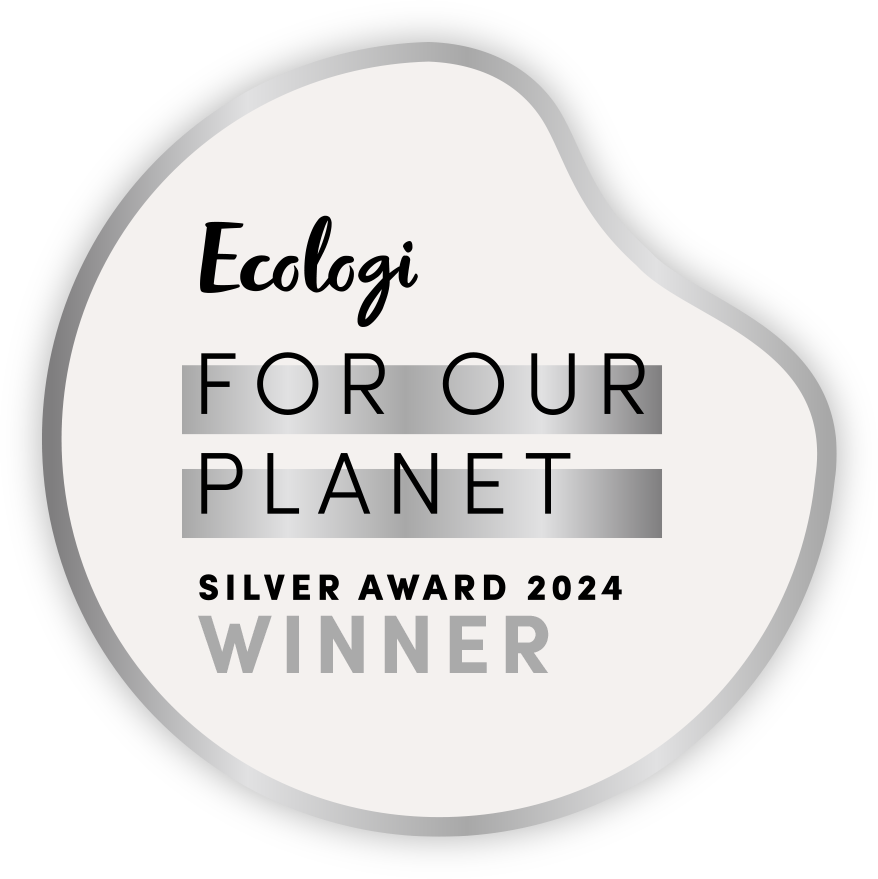Every year, World Earth Day invites us to pause, reflect, and take responsibility for the role we play in protecting our planet. It’s a global reminder that sustainability is no longer a side note. And while individuals are often called to make lifestyle changes, there’s an even bigger opportunity for businesses to step up and lead with purpose.
But what does that really mean?
It’s easy to get swept up in green campaigns and climate pledges this time of year. The harder, but more meaningful, work is embedding sustainability and social impact into the heart of how your business operates. That’s where Earth Day offers us a moment to not just talk about change but to build it into our systems for the long term.
The Problem with Business-as-Usual
The traditional model of shareholder-first capitalism may have delivered short-term profits but at what cost to our environment, our communities, and even public trust?
Currently, the feeling from the British public is that industries are not doing enough to minimise their environmental impact.
If businesses are to play a leading role in tackling the climate crisis and restoring faith, we need a new playbook. One that goes beyond token gestures and marketing-led “greenwashing.” One that, instead, prioritises real structural change.
What Does It Mean to Hardwire Purpose?
Hardwiring purpose means building your environmental and social values directly into your company’s DNA. It means rewriting your policies to consider all stakeholders. It means locking in your commitments so that sustainability can’t be dropped the minute it stops being convenient.
When Leo started Core3, he hardwired purpose into our fabric from the start. Everything Core3 stood for, did, and wanted to do was driven by people and the planet before profit. We adopted B Corp practices so that when it came to completing the rigorous B Corp assessment, much of the work was pretty much done.
It seems that more and more businesses are prioritising purpose and benefiting from the growth that comes with it. Research shows that in 2023 and 2024, small and medium-sized UK B Corps saw a 23.2% increase in turnover compared to a national increase of 16.8% for SMEs. Great for business and the planet.
Earth Day Is More Than a Hashtag
Earth Day shouldn’t just be a tick-box moment. It’s a powerful annual checkpoint that gives you the chance to step back and ask, “Are we really walking the talk?” and provides an opportunity to go deeper by asking questions that spark real transformation.
Are our sustainability goals truly woven into our decision-making – or are they just stuck on a PowerPoint slide we dust off once a year?
If sustainability isn’t part of your day-to-day decision-making, start by embedding it into your operational metrics. Build environmental KPIs into leadership dashboards. Appoint sustainability champions across departments who can challenge decisions and spot opportunities to make an impact. The first step is to make purpose part of the conversation in every room where decisions are made.
Have we legally committed to doing business in a way that benefits the planet?
Review your company’s governing documents. Could your policies be updated to include environmental and social responsibilities? You don’t need to go full B Corp overnight, but even small steps, like signing up to support the Better Business Act, send a strong message to your stakeholders and start moving the needle.
Are we building something that will last beyond the next quarter, or even the next CEO?
True sustainability requires long-term thinking. Try mapping your business goals and creating a sustainability roadmap that extends three, five, or even ten years ahead. Then ask: “Would our values survive a leadership change?”. If not, start building purpose into your leadership development and succession planning.
A Call to Action
If you’re reading this and thinking, “We’re not there yet,” that’s okay. What matters is that you start. Use Earth Day as a reset button, a chance to move from intention to action, from aspiration to accountability.
Having purpose has certainly helped Core3 to thrive. In just over two years, we’ve placed 323 individuals with a 95% retention rate. We’ve planted over 24,000 trees via Ecologi, and contributed £79,000 to community projects. Our values have also helped us attract and retain the best people and become more resilient and more trusted.
So this Earth Day, don’t just raise awareness. Raise your standards. Because the businesses that thrive tomorrow will be the ones that do the work today – quietly, consistently and with purpose hardwired into every decision.





